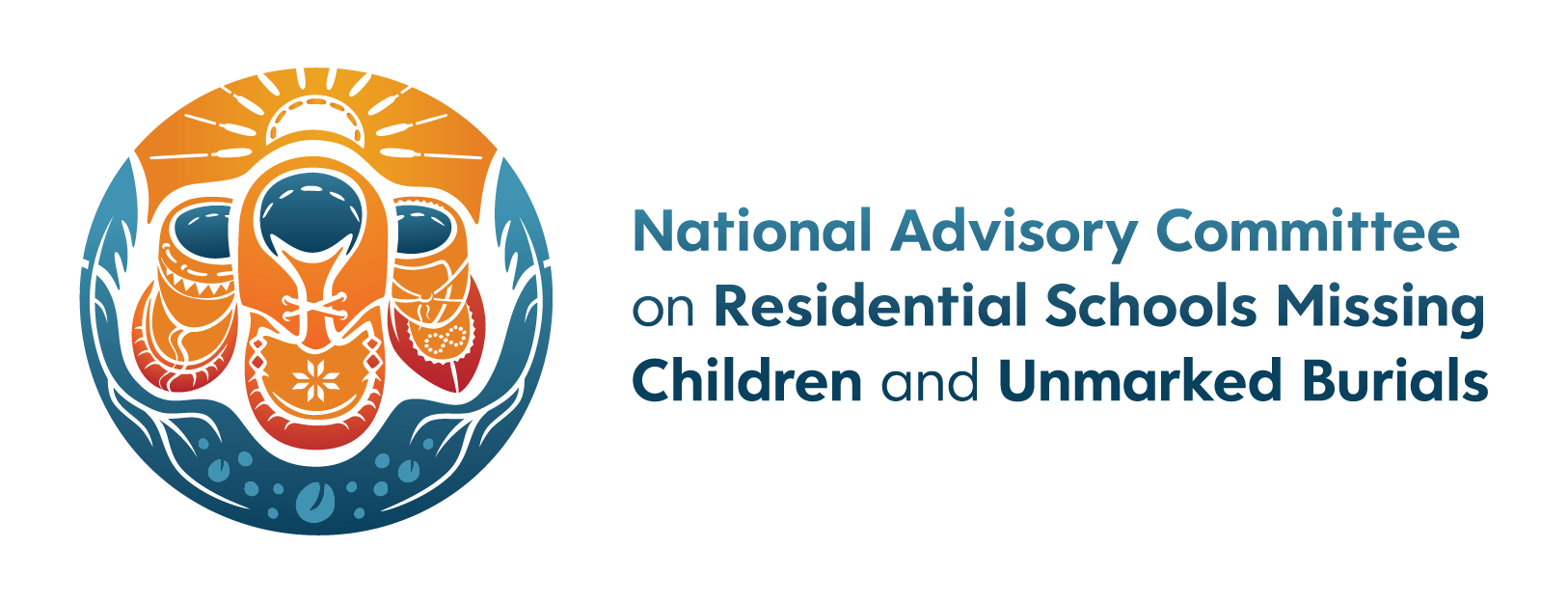Circle of Survivors
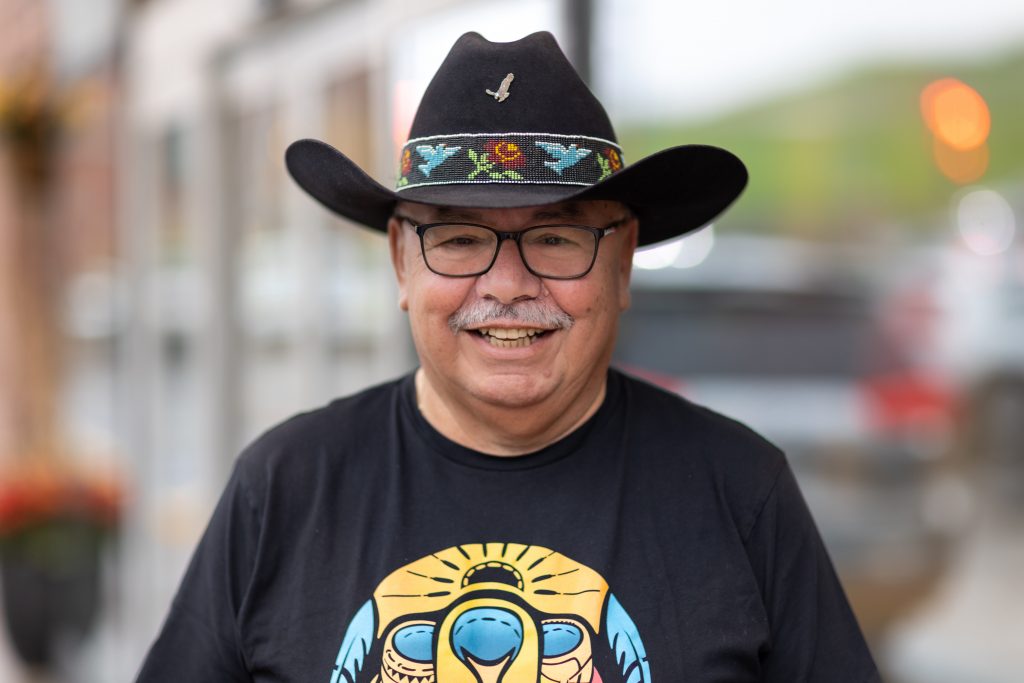
Larry Ahenakew
Larry Ahenakew was born in Île-à-la-Crosse. A Residential School Survivor, with a Bachelor of Education and post-graduate studies in education and administration from the University of Saskatchewan.
Larry worked in education with the La Ronge Indian Band. He also served as Superintendent of the Northern Lights School Division in Saskatchewan. He attended the Île-à-la-Crosse Boarding School until grade 10. From grades 10 to 12, he attended St. Peters College in Muenster, Saskatchewan. He has been happily married for the past 15 years to his wife, Marion, and has a blended family of 8 children, 17 grandchildren and 3 great-grandchildren.
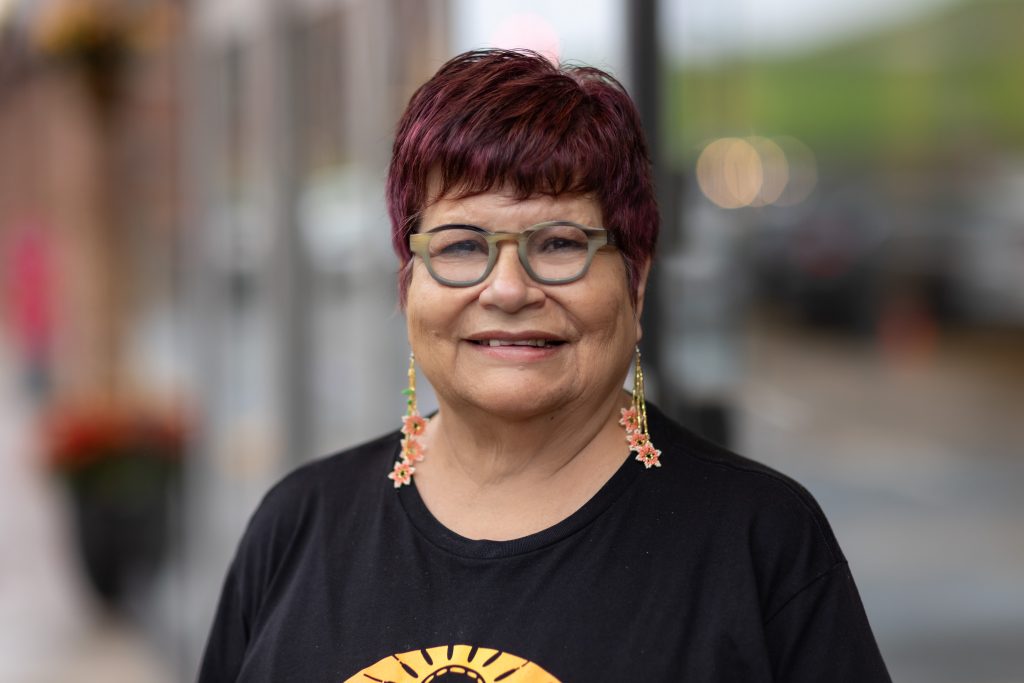
Jacquie Bouvier
Jacquie Bouvier is a 70-year-old third generation residential school survivor. She has mixed Métis and Dene heritage. She attended the Beauval Mission School where she suffered abuse. Her father worked for the Beauval Mission School. Her mother was Dene and Métis. Ms. Bouvier currently works in the Greater Vancouver area and has worked for Family Services, working with youth who are aging out of care.
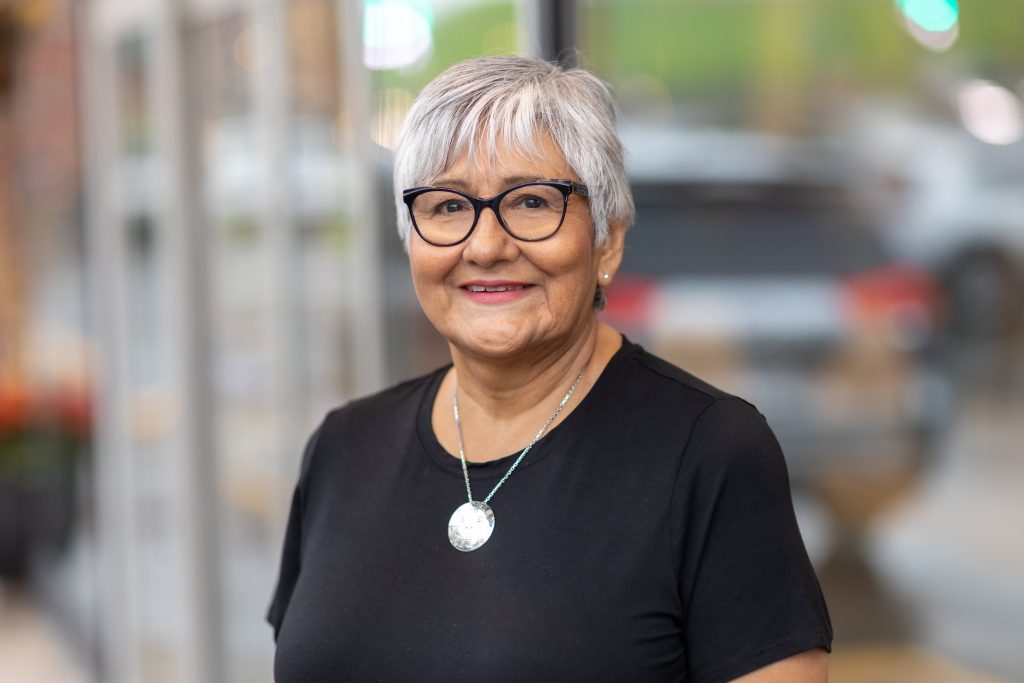
Terri Brown
Terri Brown is a former Chief of the Tahltan Nation and a matriarch of the Crow Clan. While President of the Native Women’s Association of Canada, Terri founded the Sisters in Spirit Program to document the deaths and disappearance of Indigenous women and girls. She served 6 years with the Truth and Reconciliation Commission of Canada with a mandate to inform Canadians about the residential schools. She lived a traditional lifestyle until she was forcibly confined in a residential school in Yukon. Terri is a survivor of Canada’s Indigenous genocide, and this motivates her to work for equality, justice and peace for all.
Lillian Elias
Lillian Elias is a residential school Survivor from the Mackenzie Delta, an educator and a language champion. She has had rich life experiences in Inuit culture and tradition and grew up with a nomadic lifestyle. In 2018 she was awarded the Order of the Northwest Territories for her work in promoting the Inuvialuktun language. She is frequently called on as a public speaker to talk about Inuit experiences in the residential schools. In 2012, she received both the Queen Elizabeth II Diamond Jubilee Award in 2012 in honour of her commitment to celebrating and preserving culture and language and the NWT Minister’s Cultural Circle Award. In 2018, she received the Order of the Northwest Territories.
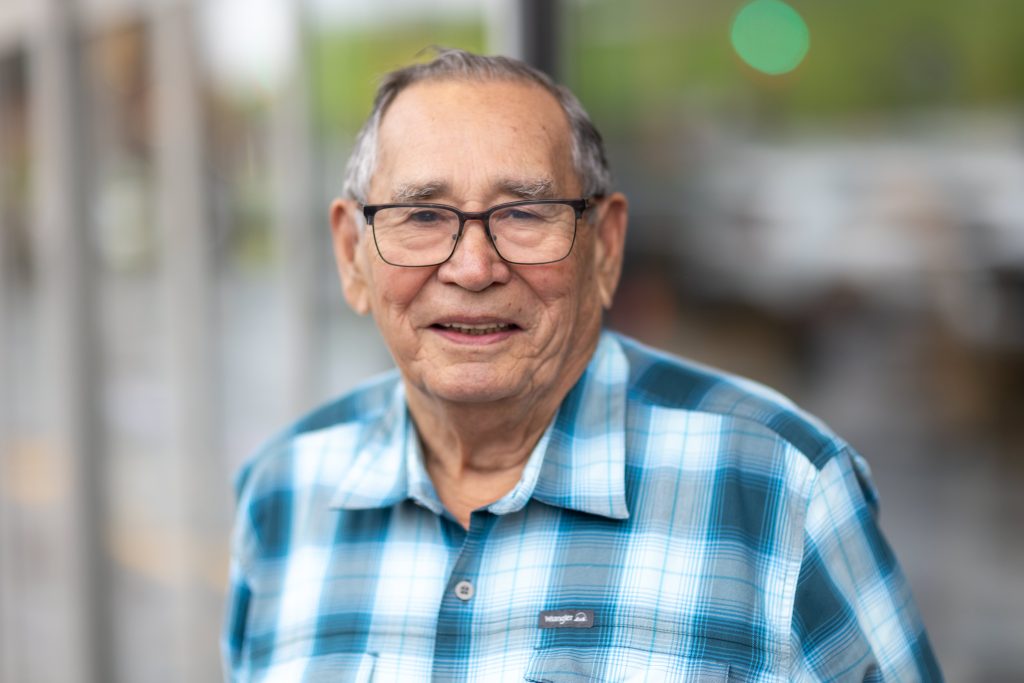
John Morriseau
John Morriseau, a Métis historian and leader, served as Director of Public Participation for the Royal Commission on Aboriginal Peoples and as past President of the Manitoba Métis Federation. He was also a member of the TRC Indian Residential School Survivor Committee.
National Advisory Committee
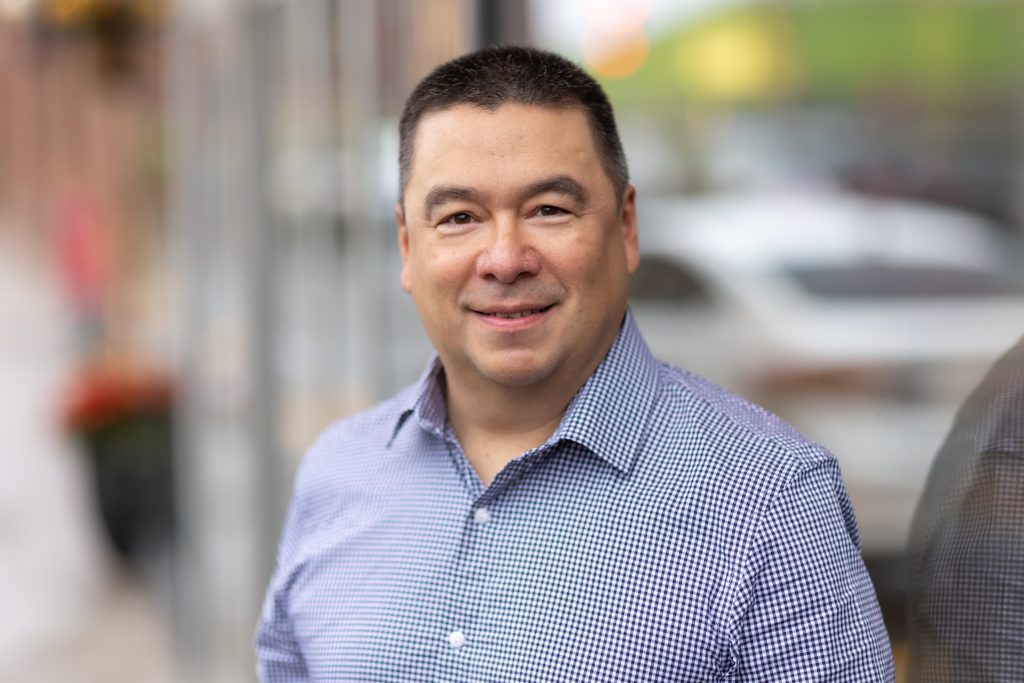
David Aglukark
David Aglukark, Inuit, is the Program Manager for the Nunavut Tunngavik Inc’s Missing Children of Residential Schools programme. He is also a former RCMP officer.
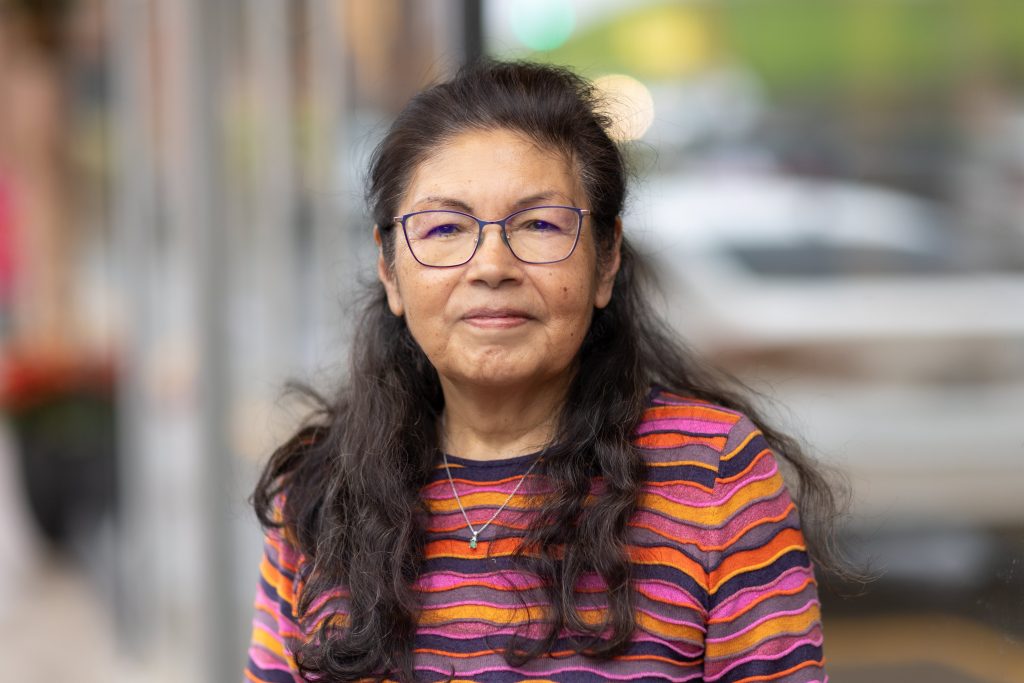
Madeleine Basile
Madeleine Basile is an Atikamekw Elder and residential school Survivor with a long history of work in community media, cultural promotion, and developing and managing services and support for residential school Survivors. She was a member of the TRC Indian Residential School Survivor Committee.
Wayne Inuglak Clark
Wayne Inuglak Clark, Inuk, has had an extensive career in health research, administration, and education, with a particular focus on cultural safety and the experiences of Indigenous Peoples in the healthcare system. He is an assistant professor in the Department of Psychiatry and director of the Indigenous health program at the Faculty of Medicine and Denistry at the University of Alberta. His fields of study include Indigenous medical education and mental health.
Wayne is originally from Churchill and is an enrolled member of the Nunavut Agreement. His family has roots in Tikiraqjuaq (Whale Cove), Nunavut.
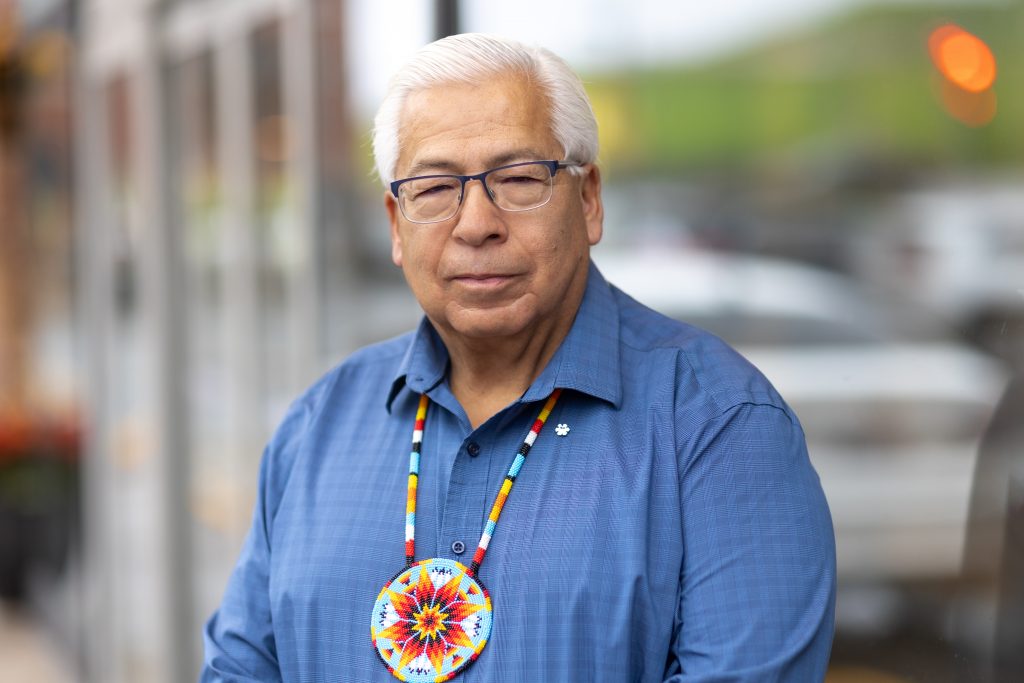
Harley Crowshoe
Harley Crowshoe is a Blackfoot Elder and Honourary Chief of the Piikani (Blackfoot) Nation. He currently works part-time for the Aakom-Kiyii Health Service and as an advisor for a number of health and wellness programmes. He is a former Director and Manager for the Southern Alberta Indigenous Health Program. He also has a lengthy career with the RCMP, serving in Alberta and BC and has since served as an expert advisor on issues of Indigenous policing. He also worked with the Aboriginal Policing Directorate as the Alberta/NWT Regional Manager.
Crystal Fraser
Crystal Gail Fraser (she/her) is Gwichyà Gwich’in historian who has undertaken extensive and award-winning research on Indian Residential Schools in the North. She is widely published in academic and popular media including the forthcoming book “By Strength, We Are Still Here”: Indigenous Strength & Resistance at Inuvik’s Indian Residential Schools Since 1959. Crystal is an Assistant Professor in History and Native Studies at the University of Alberta. She is also a part of the Governing Circle for the National Centre for Truth and Reconciliation and a Director of Gwich’in Council International.
Raymond Frogner
Raymond Frogner is a Cree archivist and researcher who has served as Head of Archives for the National Centre for Truth and Reconciliation since the organization’s founding. In this role, he is responsible for ensuring Survivors, their families and their Nations can access the NCTR’s extensive holdings related to residential school history. He is currently working with a number of Nations to develop specific supports tailored to research on missing child and unmarked graves. Raymond is a frequent speaker on decolonizing archives.
Emily Holland
Emily Holland is a forensic anthropologist in the Department of Anthropology at Brandon University, Manitoba. She has contributed her expertise to numerous investigations related to the lives and safety of Indigenous Peoples, including work with the RCMP, First Nations Police, the Winnipeg Police Service, the search of the Prairie Green Landfill, and excavations of GPR reflections with Pine Creek First Nation (Minegoziibe Anishinabe). She is also an ongoing consultant to Drag the Red, an Indigenous-led grassroots organization devoted to searching the Red River and its shores for evidence of missing people.
Emily’s areas of specialization include the science of recovering and identifying the remains of children. Her professional affiliations include membership in the Canadian Society for Forensic Science and the Canadian Association for Biological Anthropology.
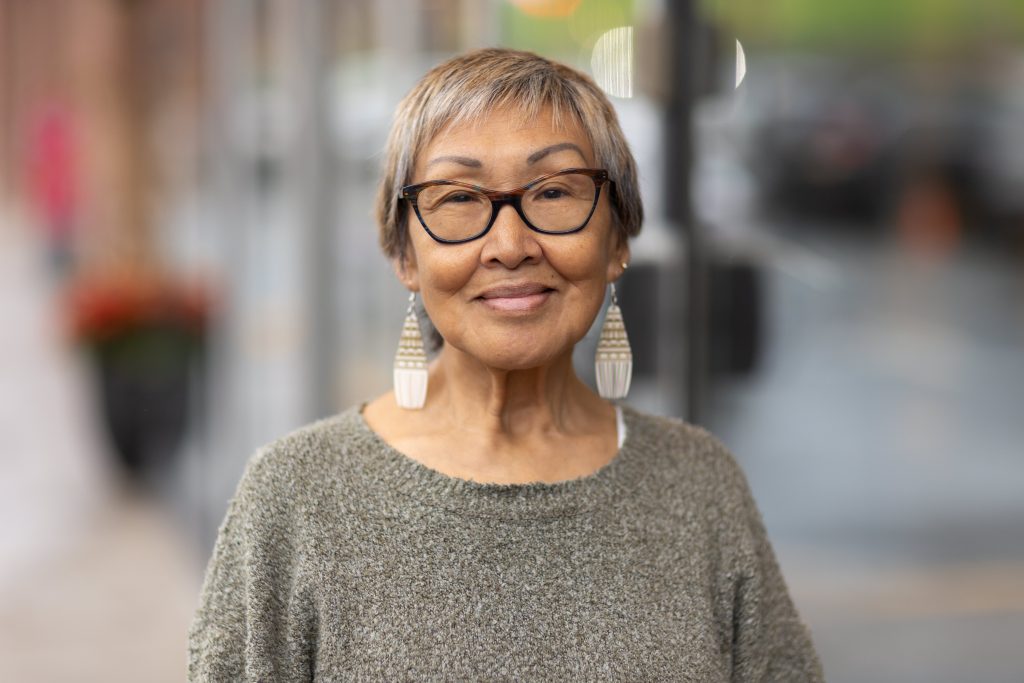
Monica Ittusardjuat
Monica Ittusardjuat is an Inuk Elder and a Survivor of residential schools in Chesterfield Inlet and in Manitoba. Monica holds a masters degree in education and has an extensive background in promoting Inuit language and culture. She has worked with Inuit Tapiriit Kanatami as a National Inuit Language Coordinator and as a language developer, interpreter, translator and instructor for a number of institutions in Nunavut, including the Nunavut Arctic College and the Pirurvik Centre. She has also worked as Wellness Coordinator for Nunavut Tunngavik Inc. She has served as a Board Member of the Aboriginal Healing Foundation and on two Law Commission of Canada panels addressing residential school abuse and institutional abuse.
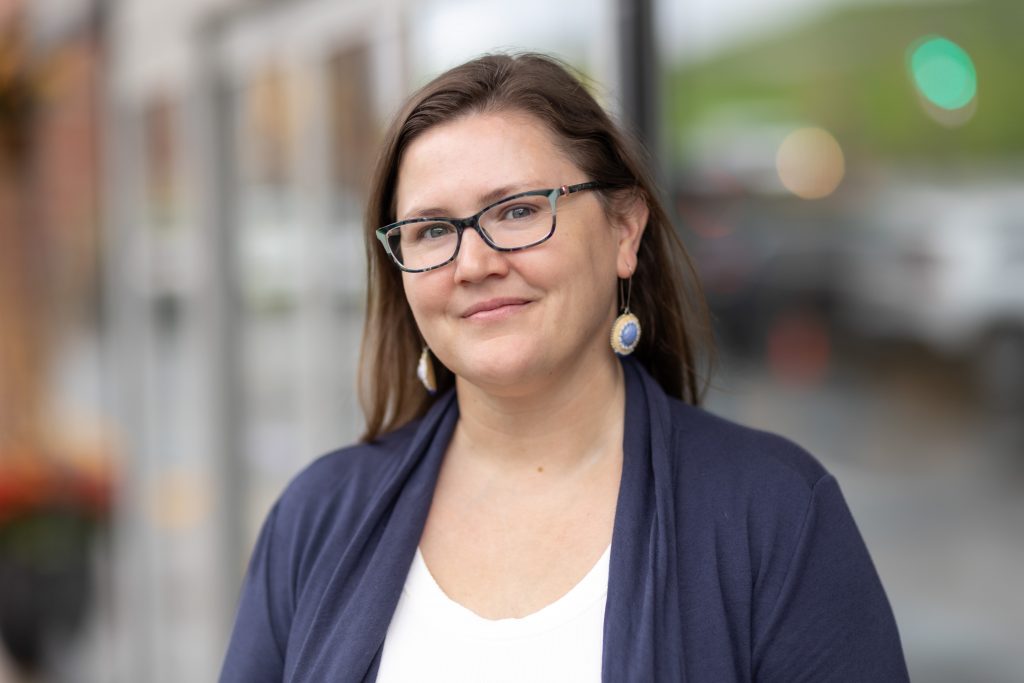
Kisha Supernant
Kisha Supernant, a Métis archaeologist with roots in Alberta and Red River, has been working with Indigenous communities to plan and carry out searches for potential unmarked graves using a wide range of technology, including ground-penetrating radar and drone imaging. She is the Director of the Institute of Prairie and Indigenous Archaeology and a Professor of Anthropology at the University of Alberta in Edmonton (Amiskwaciwâskahikan). She is founding chair of the Canadian Archaeological Association Unmarked Graves Working Group, formed in June 2021. Kisha is also a member of the Alberta Knowledge Network for Unmarked Graves. She has done extensive media interviews explaining these issues.
Kona Williams
Kona Williams, a Cree and Mohawk Forensic Pathologist and Coroner, as well as the First Nations Liaison for the Ontario Forensic Pathology Service. She is currently the Director of the Northeastern Regional Forensic Pathology Unit in Sudbury, Ontario and Co-Chair of the Indigenous Health Committee, Royal College of Physicians and Surgeons of Canada. She has experience in investigating violent and suspicious deaths and in provided expert testimony in criminal prosecutions.
